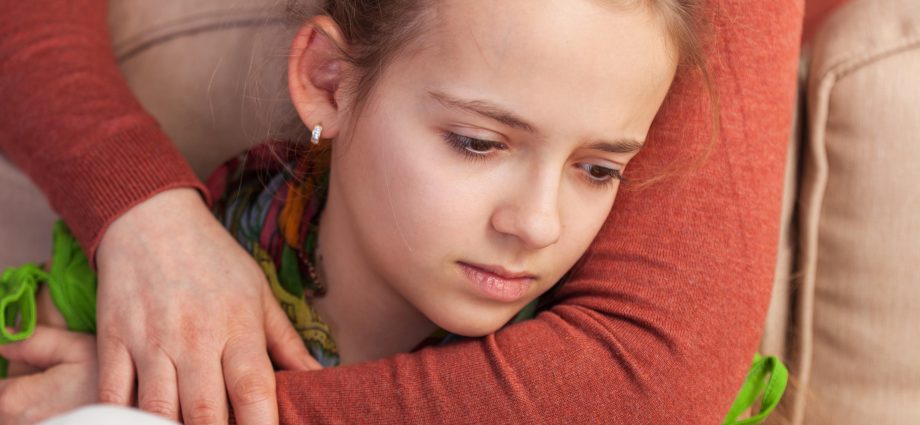THURSDAY, May 26, 2022 (HealthDay News) — After a gunman killed at least 19 students and two teachers Tuesday at an elementary school in Uvalde, Texas, this week, horrified parents may be wondering how to talk with their children about it.
From toddlers and teens to young adults, kids look to their parents to feel safe — especially so after these mass shootings that have plagued the United States for decades. The American Psychological Association (APA) offers some tips for getting through these talks and helping kids manage their distress after traumatic events.
Reassurance begins with asking about their worries and concerns, the APA said in a news release. All kids need to know is that you are listening to them. What you say depends on their ages.
Broach the conversation at a time when they’re likely to listen, such as when riding in the car, at dinner or before bedtime. Ask how they are coping.
Don’t interrupt as they share their thoughts. Listen for misinformation or mistaken perceptions and gently correct these. Parents can express their opinions without putting down those of their children; agree to disagree when your views differ, the APA advised.
Emphasize security, sharing what schools and communities are doing to increase safety. Remind your kids that you are there to protect and comfort them.
Help keep your own home safe, knowing it is a refuge for your children. Make it be a place where your children can find the peace and comfort they need. Consider planning an evening when the whole family participates in a favorite activity.
But don’t stop there: Check in often with your kids to see how they’re coping. Provide extra time, attention, patience and hugs.
Be alert for signs of stress, fear or anxiety. Emotions such fearfulness, shock, anger, grief and anxiety are common after a traumatic event, the APA noted.
Your kids’ behavior may show tell-tale signs. For example, they may have trouble sleeping, difficulty with concentrating on school work or home responsibilities, or changes in appetite and mood. These should begin to disappear in four to six weeks, if no other traumatic events occur.
Encourage your children to put their feelings into words by talking or journaling or to express them through art.
Be aware of the information they may hear. This includes monitoring adult conversations and limiting time spent watching the news or gathering information online. Talk to your kids about what they have seen or read.
Parents need to take care of themselves, too.
The APA suggests keeping regular schedules for activities such as family meals, exercise and activities. Avoid overscheduling yourself and do take breaks, even if it’s for five minutes of deep breathing or walking. You, too, should take breaks from your exposure to news about the massacre.
Finally, be aware that help is available.
If you or your children feel stuck or overwhelmed, consider talking to a mental health professional. It is important to get professional help if you or your children feel unable to function or perform basic activities of daily living at any time.
More information
The American Academy of Pediatrics offers more information on talking to children about tragedies.
SOURCE: American Psychological Association, May 25, 2022
Copyright © 2026 HealthDay. All rights reserved.

